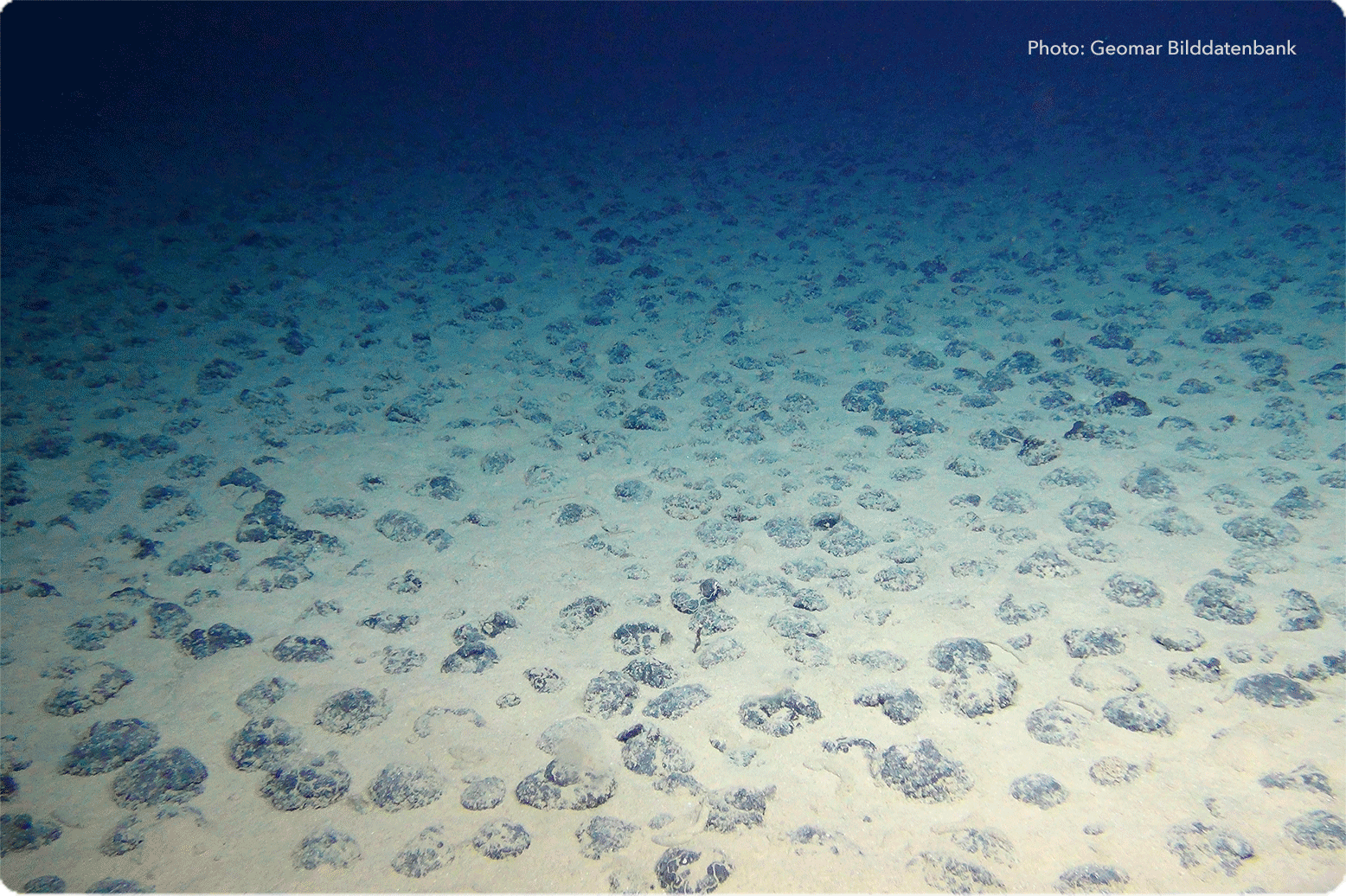
The UN Biodiversity Beyond National Jurisdiction Agreement (“BBNJ” or “BBNJ Agreement”)1, also called the High Seas Treaty, is the first comprehensive international agreement in history to lay out a legal framework for protecting the high seas. First introduced in 2023, the Agreement has recently received waves of both signatures and ratifications, bringing it closer to enforcement.
High seas account for almost half of the planet’s surface.2 The BBNJ Agreement outlines the process for countries to create conservation areas on the high seas beyond national waters. Additionally, the BBNJ also details how countries can implement measures restricting deep-sea mining and drilling. These frameworks are notable since past legislation has contained loopholes which enabled ships to evade penalties.3 As it currently stands, only about 1% of the high seas are protected. With this BBNJ, the international goal of protecting 30% of the high seas by 2030 is much more attainable.4
In late May, the European Union (EU) and six of its member states ratified the BBNJ.5 As the single largest group of countries to ratify the treaty, their ratification perfectly illustrates their commitment to the speedy enforcement of the BBNJ. In fact, the EU also pledged €40 million to encourage other nations to ratify the BBNJ before the United Nations Ocean Conference in early June.
Eighteen more countries ratified the BBNJ at the UN Ocean Conference.6 Only eleven more countries need to ratify the BBNJ for it to become enforceable under international law.7 While only sixty ratifications are necessary, many leaders are calling for as many countries to cooperate as possible. Some, like the Director of the High Seas Alliance Rebecca Hubbard, argue that “for the treaty to be as effective as possible, we need countries from all over the world to engage in its implementation.”8
It appears that it will only be a matter of time before the BBNJ Agreement officially receives all the necessary ratifications to become enforceable. French president Emmanuel Macron, for example, has confidence that it will enter international law by January 1, 2026.9 As for the United States, ratification does not seem likely. The U.S. has signed the treaty, meaning that it “commits to refrain from acts that might defeat the object and purpose of the Treaty,”10 however two thirds of the U.S. Senate must approve ratification. Though President Biden transmitted the agreement to the Senate in 2024,11 there has not been any consensus reached amongst the Senators. Compounded with the Trump Administration’s pushing for open deep-sea mining,12 ratification does not seem likely. This does not seem to deter the UN from pushing forward—as Hubbard bluntly puts it, “it is critical we start now and we won’t let the U.S. absence stop that from happening.”13
1 Agreement Under the United Nations Convention on the Law of the Sea on the Conservation and Sustainable Use of Marine Biological Diversity of Areas Beyond National Jurisdiction, UN Doc. A/CONF.232/2023/4 (June 19, 2023).
2 Huge Wave of Ratifications for High Seas Treaty Marks Historic Progress Towards Entry Into Force, High Seas all. (June 9, 2025).
3 Sarisha Harikrishna, EU Ratifies High Seas Treaty, Marking Major Step in International Environmental Law, Jurist (May 30, 2025).
4 EU leads Global Efforts to Protect High Seas Biodiversity with Landmark Treaty Ratification, European Comm’n (May 28, 2025).
5 The six member states are Cyprus, Finland, Hungary, Latvia, Portugal, and Slovenia. Id.
6 Annika Hammerschlag, High Seas Treaty Gains Momentum as 18 New Countries Pledge Support, AP News (June 10, 2025).
7 Id.
8 Id.
9 Rosie Frost, Macron says High Seas Treaty Could Take Effect from January After Surge in Support at Ocean Summit, Euro News (June 9, 2025).
10 High Seas Frequently Asked Questions, U.S. Dep’t State (Dec. 18, 2024).
11 Transmittal of the High Seas Treaty to the Senate, U.S. Dep’t State (Dec. 18, 2024).
12 Exec. Order No. 14285, 90 Fed. Reg. 17735 (Apr, 24, 2025).
13 Manuel Ausloos & Clotaire Achi, Oceans Protection Treaty Could Take Effect From January, Macron says, Reuters (June 9, 2025).












